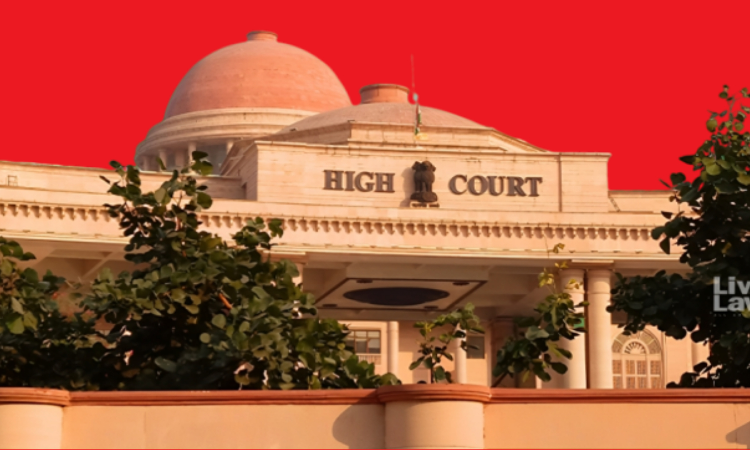Allahabad HC Issues Notice To Attorney General On PIL Challenging Validity Of Muslim Personal (Shariat) Application Act, S. 494 IPC
Sparsh Upadhyay
25 March 2023 3:27 PM IST

Next Story
25 March 2023 3:27 PM IST
The Allahabad High Court has issued a notice to the Attorney General for India on a Public Interest Litigation (PIL) plea challenging the validity of the Muslim Personal (Shariat) Application Act, 1937 as well as seeking a declaration that Section 494 IPC [Bigamy] is ultra vires to the Constitution of India.The bench of Justice Devendra Kumar Upadhyaya and Justice Subhash Vidyarthi also gave...
